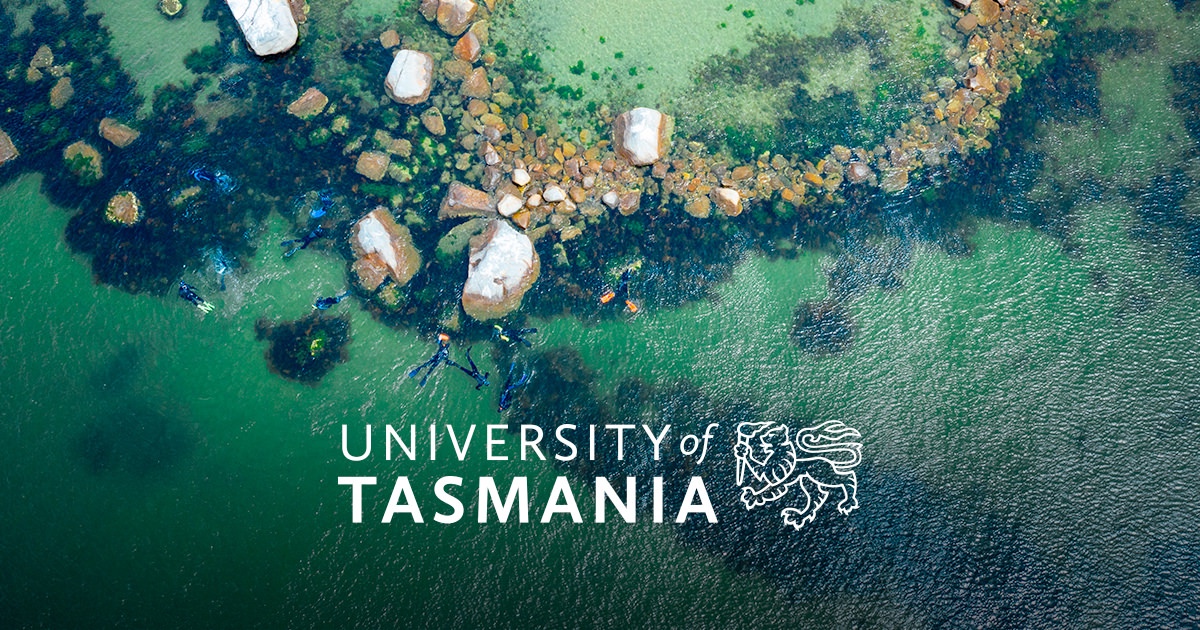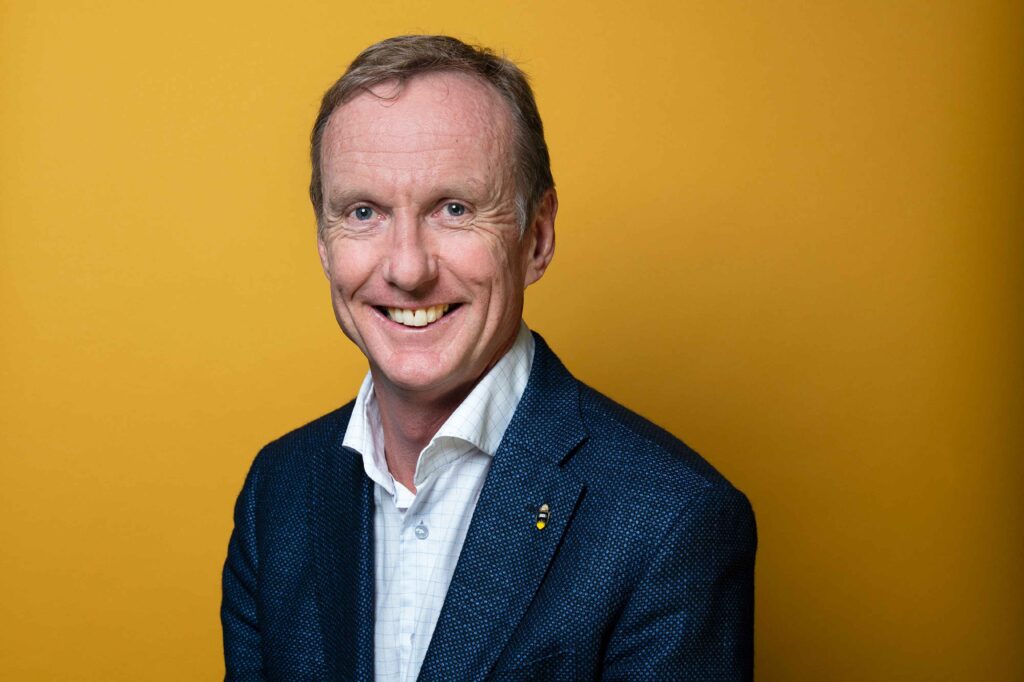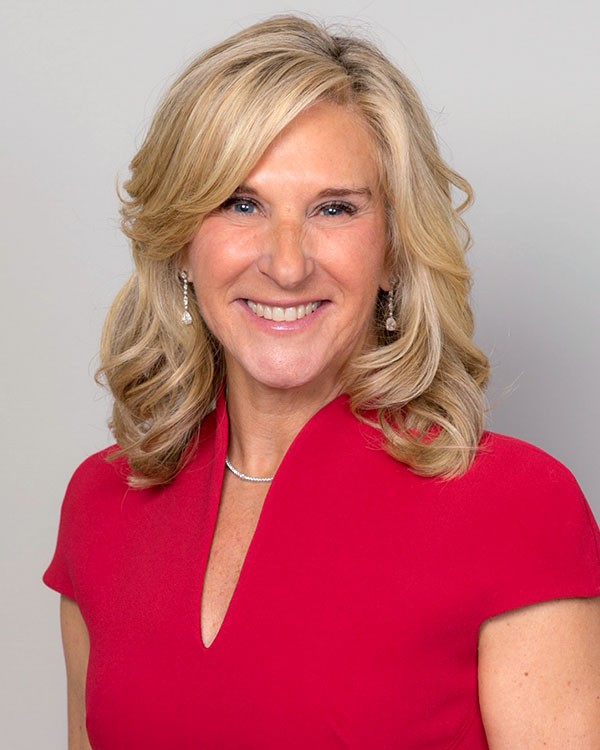From the science of gym workouts to Indigenous arts and hacker culture, a crop of new courses are being offered this year at the University of Toronto Mississauga.
Here are some of the unique offerings:
Science of workouts
“If you’ve ever wondered why your resting heart rate goes down after you’ve started exercising regularly, this is the course for you,” says Bryan Stewart, a professor in cell and systems biology, of a new course that sees fourth-year biology students ditch the science lab for the gym.
Developed in partnership with U of T Mississauga’s Recreation, Athletics and Wellness Centre, Advanced Integrative Physiology is a new course that asks how physiological systems adapt to a variety of situations such as training, altitude, temperature and underwater environments.
“Students will learn how to take physiological measurements, like an electrocardiogram (ECG), to measure heart function and then apply those skills to subjects exercising on the treadmill or stationary bike,” Stewart says.
“It should be lot of fun and a chance to learn some practical skills too.”
Indigenous art in Canada
“I believe there is no better way to understand what a nation values than through its art,” says Assistant Professor Maria Hupfield of a new visual studies course that explores how Indigenous cultural knowledge has shaped modern Canadian culture, identity and art.
Hupfield, who is an artist and Anishinaabe-kew of Wasauksing First Nation, is teaching Introduction to Indigenous Art in Canada, a second-year course offered by the department of visual studies.
“Students invested in the future will benefit by learning why and how to be accountable members of a society, and to act as an accomplice in solidarity through the arts with Indigenous Peoples leading the movement for self-determination in Canada,” Hupfield says.
The course examines issues of place, territory, colonial policies and social movements related to the creation and collection of Indigenous art and art markets, including the contributions of the Mississaugas of the Credit First Nation.
“For my class, introducing students to best practices, beginning with how to acknowledge the local hosts and people whose territory we are on at UTM, will give them a strong foundation moving forward,” she says, adding that she will welcome a selection of guest speakers over the winter semester.
“Students will have an opportunity to meet and learn directly from professionals working at the cutting edge of Indigenous material culture and knowledge.”
HackerU
A new second-year course offered by U of T Mississauga’s Institute of Communications, Culture, Information and Technology (ICCIT) examines how hackers shape entrepreneurship, free speech, surveillance and intellectual property.
Hacker Culture examines the role hackers play in the evolution of computing and the politics of digital media.
“Hollywood portrays hackers either as computer savvy, modern-day Robin Hoods (Mr. Robot, 2015), or as accidental heroes (Tron, 1982), while the general public deem them as just plain dangerous,” says ICCIT chair Rhonda McEwen.
“Wherever the truth lies, you will love this course that delves into the counter-culture of computation through an examination of hackers – who they are, why they do it, what they can teach you about living in the digital age.”
Ready for crime time
From the crime scene to the courtroom, The Real Law and Order investigates how forensic evidence and scientific methods hold up in court to become admissible evidence.
Open to all students, the course explores how forensic sciences contribute to exonerations, and addresses the impact of popular media portrayals on juror expectations, knowledge and misconceptions.
Urban explorers
A new third-year course offered by the department of geography might be right up your alley: Exploring Urban Neighbourhoods takes students into local neighbourhoods to learn first-hand how identity and place shape one another.
Students will conduct fieldwork in urban neighbourhoods to learn more about how social, cultural, political and economic processes unfold and are shaped by local context.
I, Robot
The department of mathematical & computational sciences offers a selection of new robotics courses beginning in the fall of 2019.
Students enrolled in Introduction to Mobile Robotics will focus on the computational side of robotic systems, tackling problems and solutions in practice and research. A third-year course, Programming Mechatronic Systems, offers the chance to build mobile robot and control software.







